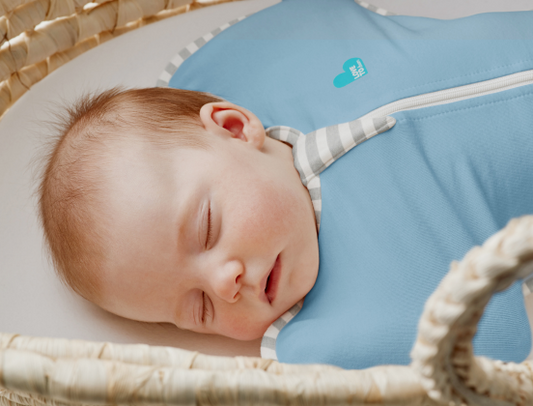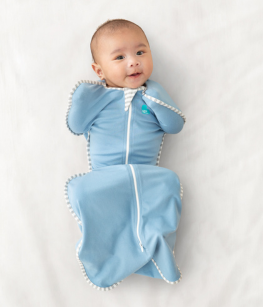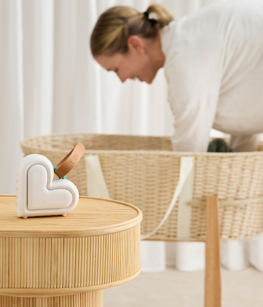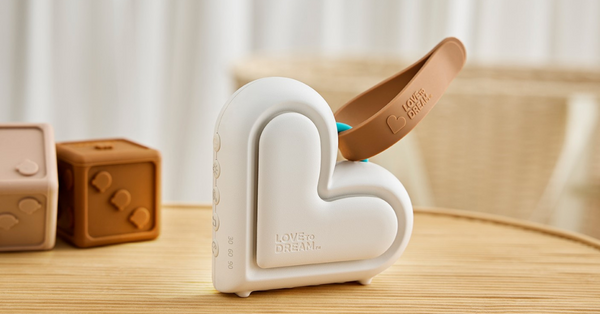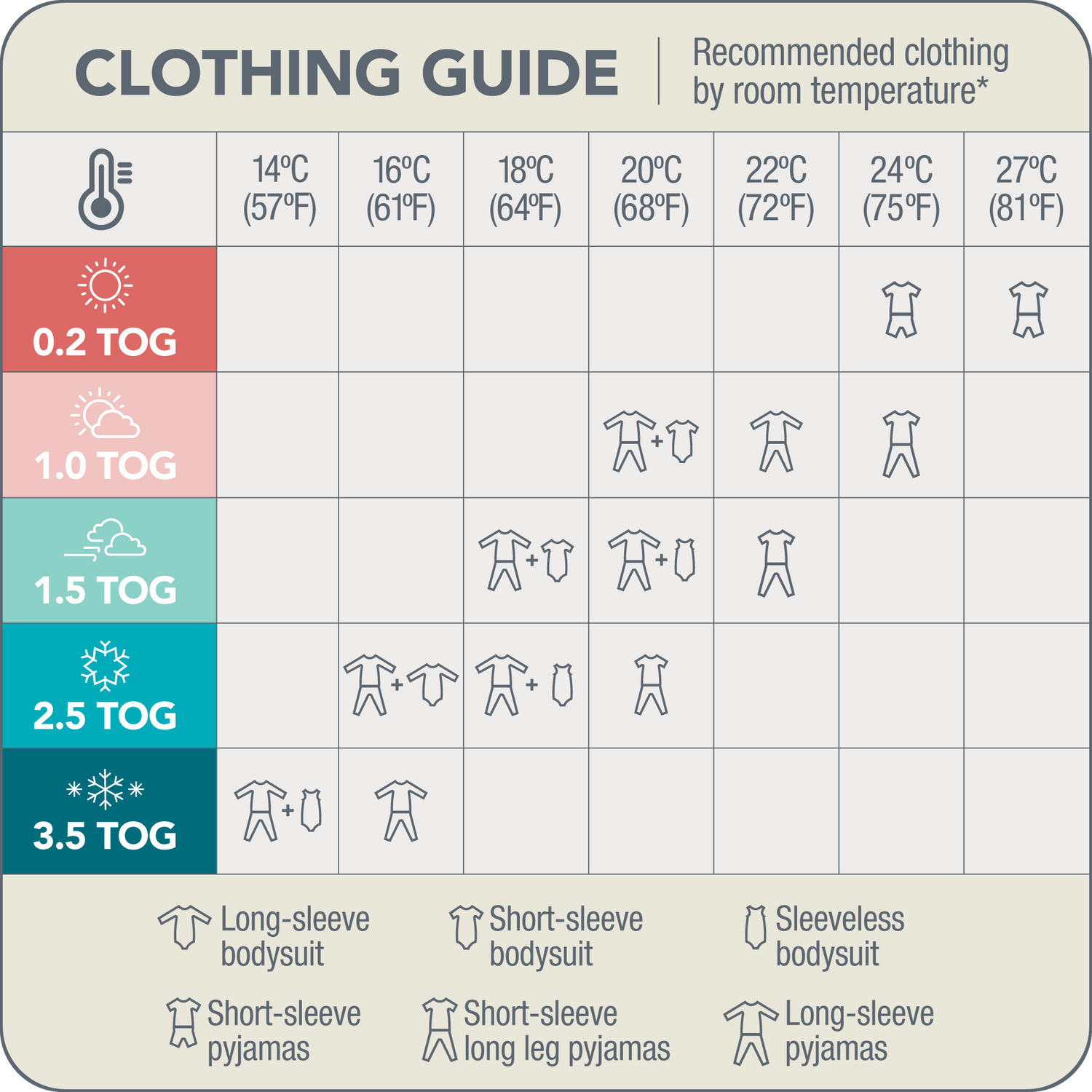Why Sleep And Feeding Matter For Newborns
Newborns need frequent feeding and plenty of sleep to support their rapid growth and development. Their tiny tummies can only hold small amounts of milk at a time, so they need to eat every 2–3 hours, including at night. Meanwhile, sleep is essential for brain development and building a strong immune system.
On average, newborns sleep 14–17 hours over a 24-hour period, but a babies sleep cycles are quite different from adults. They often sleep in short bursts of 2–3 hours, however some babies can sleep up to 4 hours +.
Since newborns need both frequent feeding and sleep, if they are sleeping longer than their feed window - they may sometimes need to be gently woken for feeds—especially in the early weeks.
Regular feeding is especially important for:
- Growth & Development – Providing essential nutrients for their growing body.
- Maintaining Blood Sugar Levels - and establishing consistent weight gain
- Hydration – Ensuring they get enough fluids.
- Establishing Milk Supply – Frequent feeding supports milk production for breastfeeding mothers
It can feel like a really exhausting and repetitive wheel of feed and sleep in the first few weeks, particularly tough when recovering from a birth. You’re doing a great job. If you feel like you need support, always reach out to a healthcare professional for guidance and specific advice that can help you.
Read more to better understand Baby Sleep Cycles and Patterns





